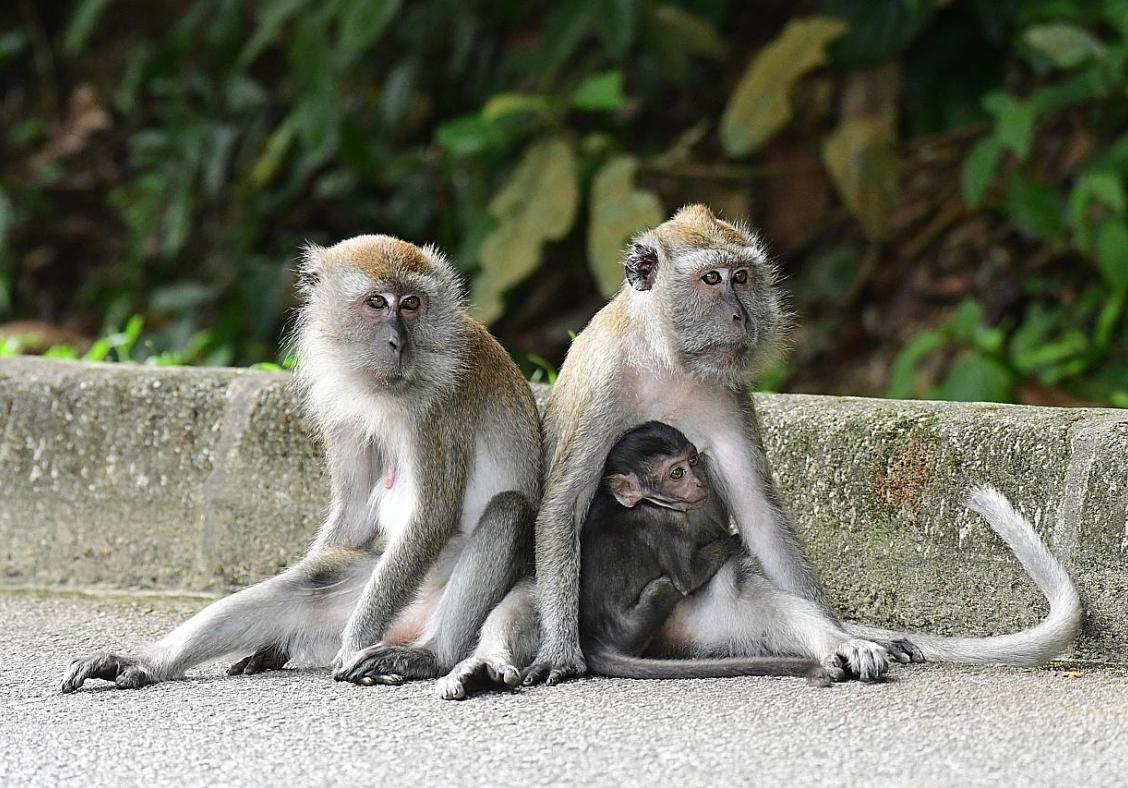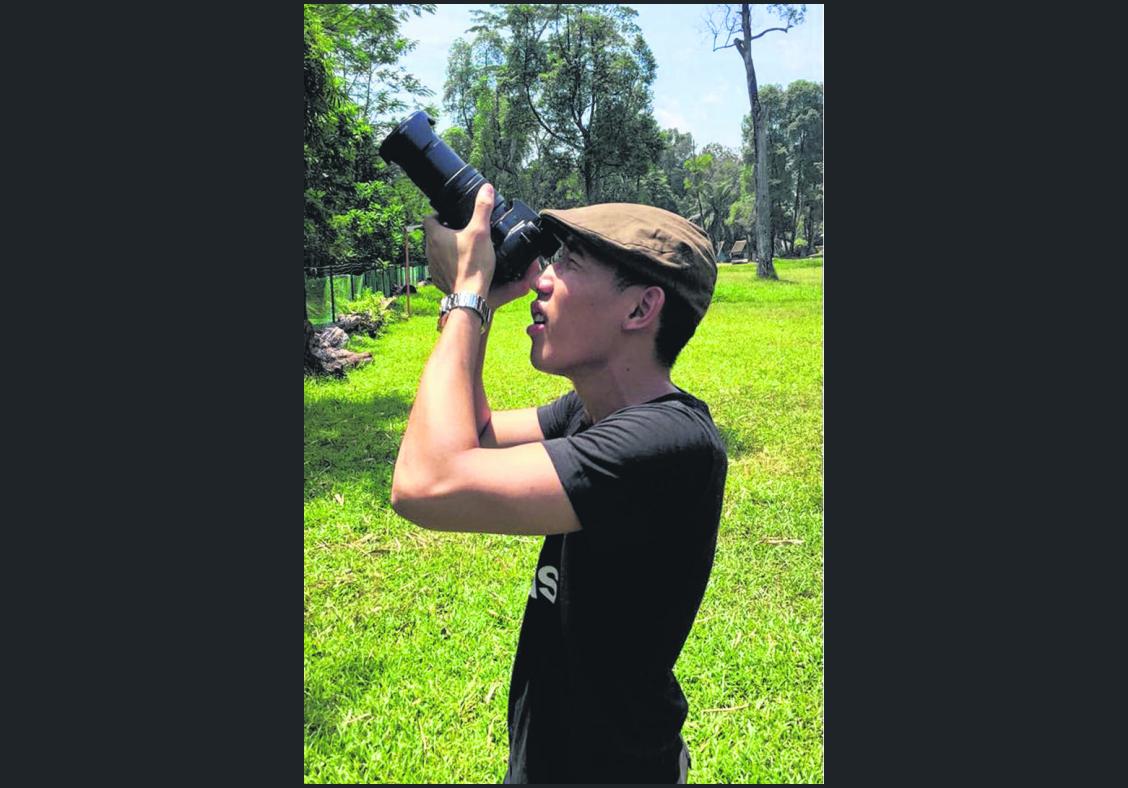Scouts get funding to make Sarimbun Camp a hub for biodiversity
The Macaque Working Group (MWG) wants to promote peaceful coexistence between humans and long-tailed macaques - by educating the public.
Monkeys are often seen as a nuisance or even a menace for entering homes to steal food, but MWG's spokesman Vilma D'Rozario said this is a result of misguided people feeding the wild animals in the first place.
The National Institute of Education associate professor in psychological studies added: "The feeding needs to stop. Otherwise, we are sending a message that though the forest may be rich in food, it is easier to rely on handouts from humans."
Last week, the group received a funding boost when it was picked as a beneficiary of OCBC Bank's #OCBCCares Fund for the Environment.
The bank set aside $100,000 to support ground-up projects that enhance Singapore's landscape when it launched the fund last July.
So far, $87,000 has been given to six projects.
The group, led by Dr Andie Ang, a primatologist, plans to hold workshops to train people to understand the facial expressions and body language of macaques.
Plans to develop monkey-proof bins are also in the pipeline.
Dr D'Rozario, who has nearly 20 years' experience in conservation efforts, said: "We want people to live in harmony with the macaques, not just be tolerant or aware of their presence."
Another #OCBCCares Fund beneficiary, Mr Karl Png, 20, has started a project to transform the Sarimbun Scout Camp in Lim Chu Kang into a biodiversity centre.
He and fellow rover scouts Rishab Patwari and Muhammed Syafiq Mohamed Sahrom, also 20, hope to attract wildlife like the endangered straw-headed bulbul and the white-bellied sea eagle.
Mr Png, who has just completed his National Service, said: "We realised we could use this as a platform to teach about biodiversity."
RESPECT
Recalling an incident in Bali years ago when a macaque made off with his water bottle, Mr Png said he learned to respect wildlife instead of blaming the animal.
He said: "I read that people had conditioned the macaques by feeding them. That's why they dared to steal from people."
Mr Png hopes projects like his can inspire others to be more conscious of the environment.
He said: "Environmental sustainability may not be profitable, but it is meaningful as it helps you develop compassion for all living things - wildlife and people alike."
Get The New Paper on your phone with the free TNP app. Download from the Apple App Store or Google Play Store now



